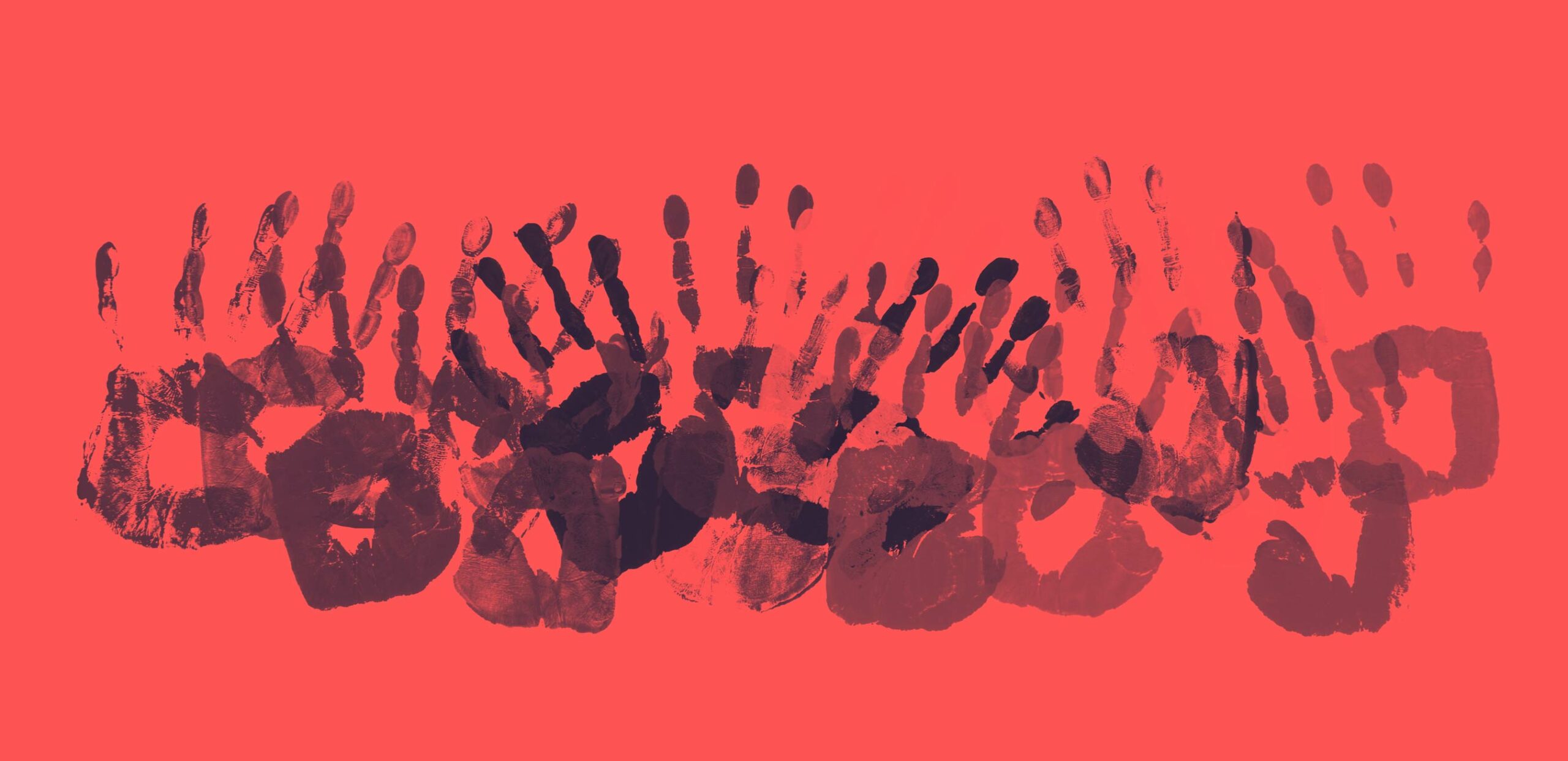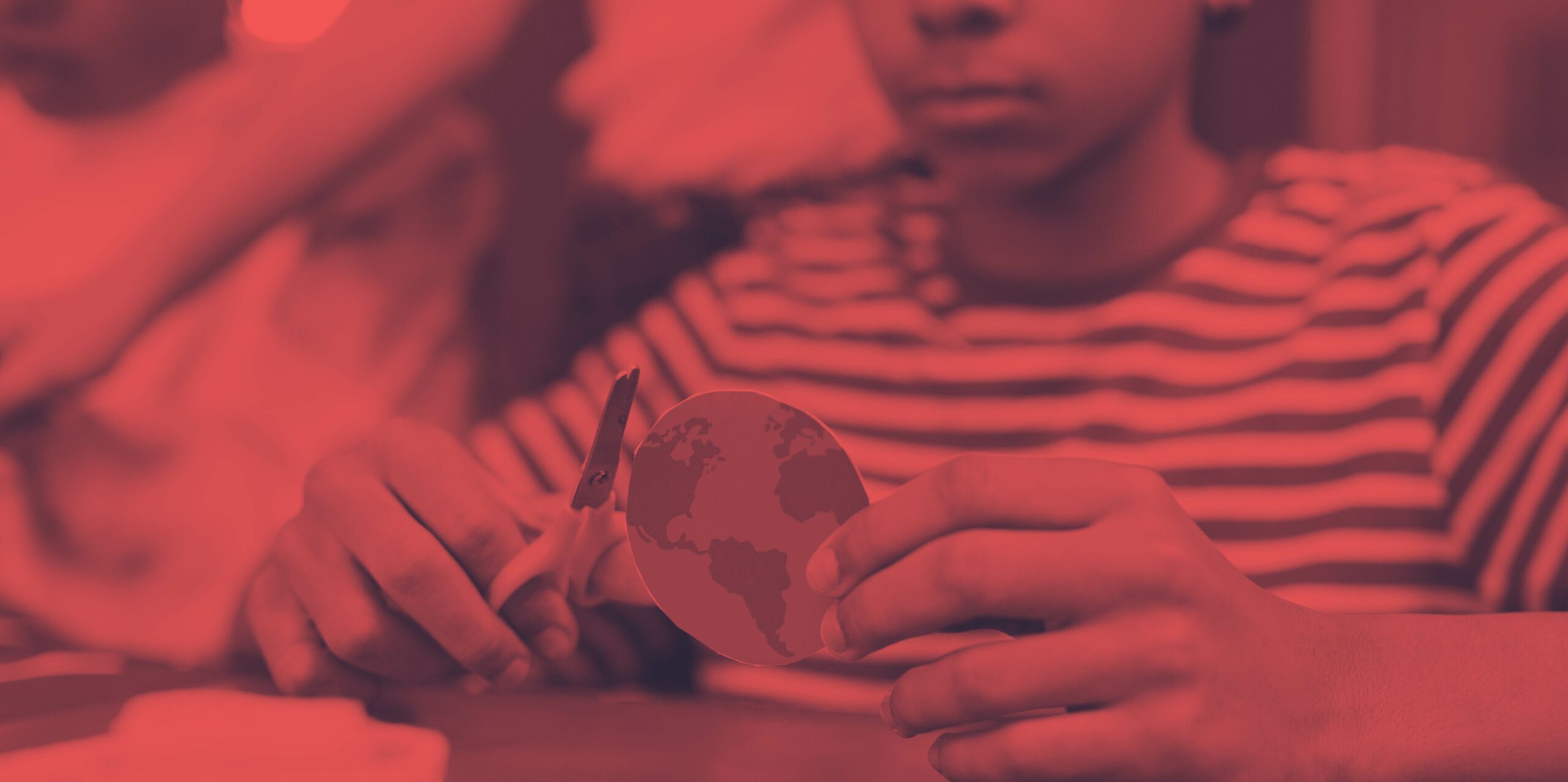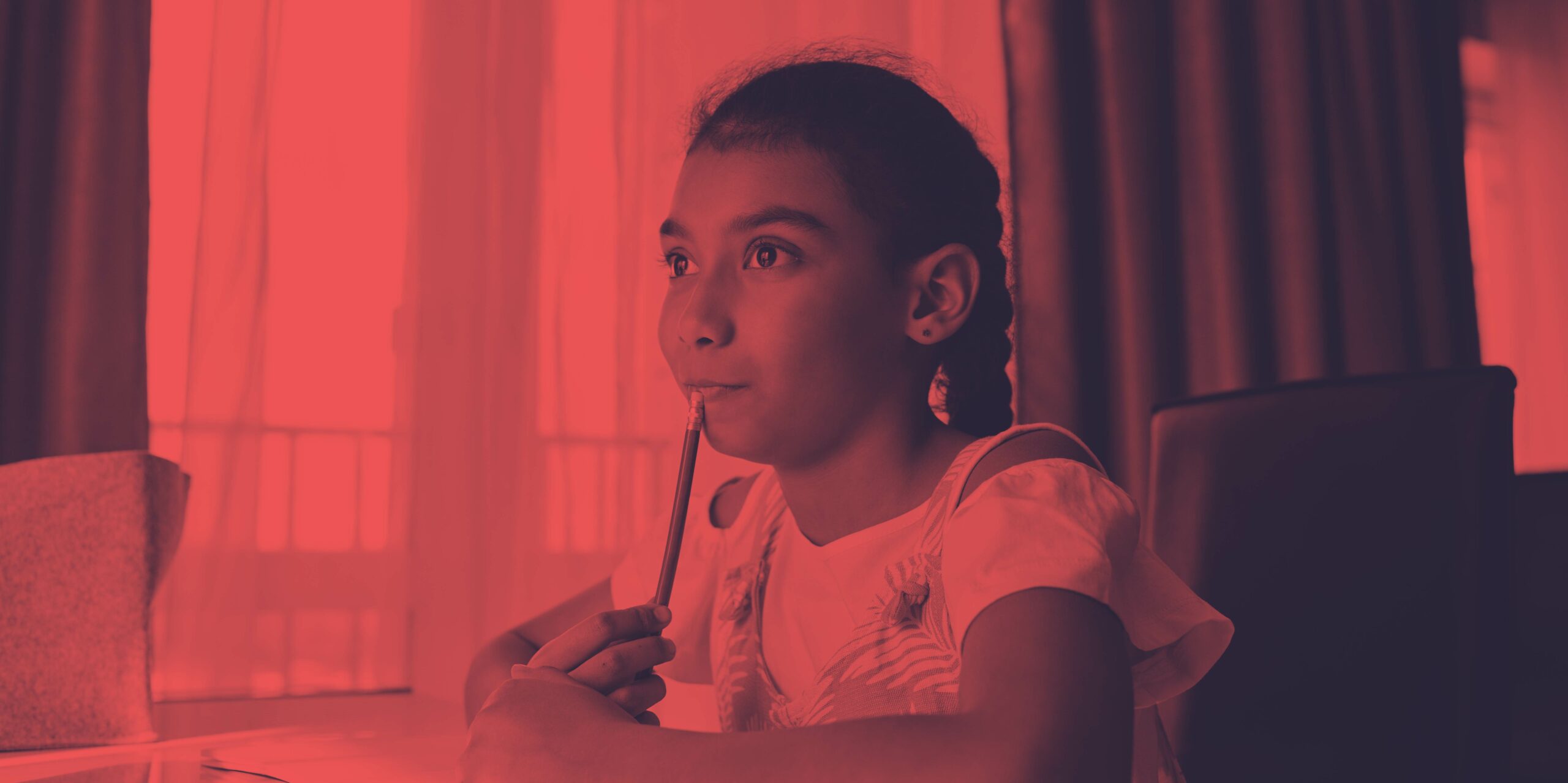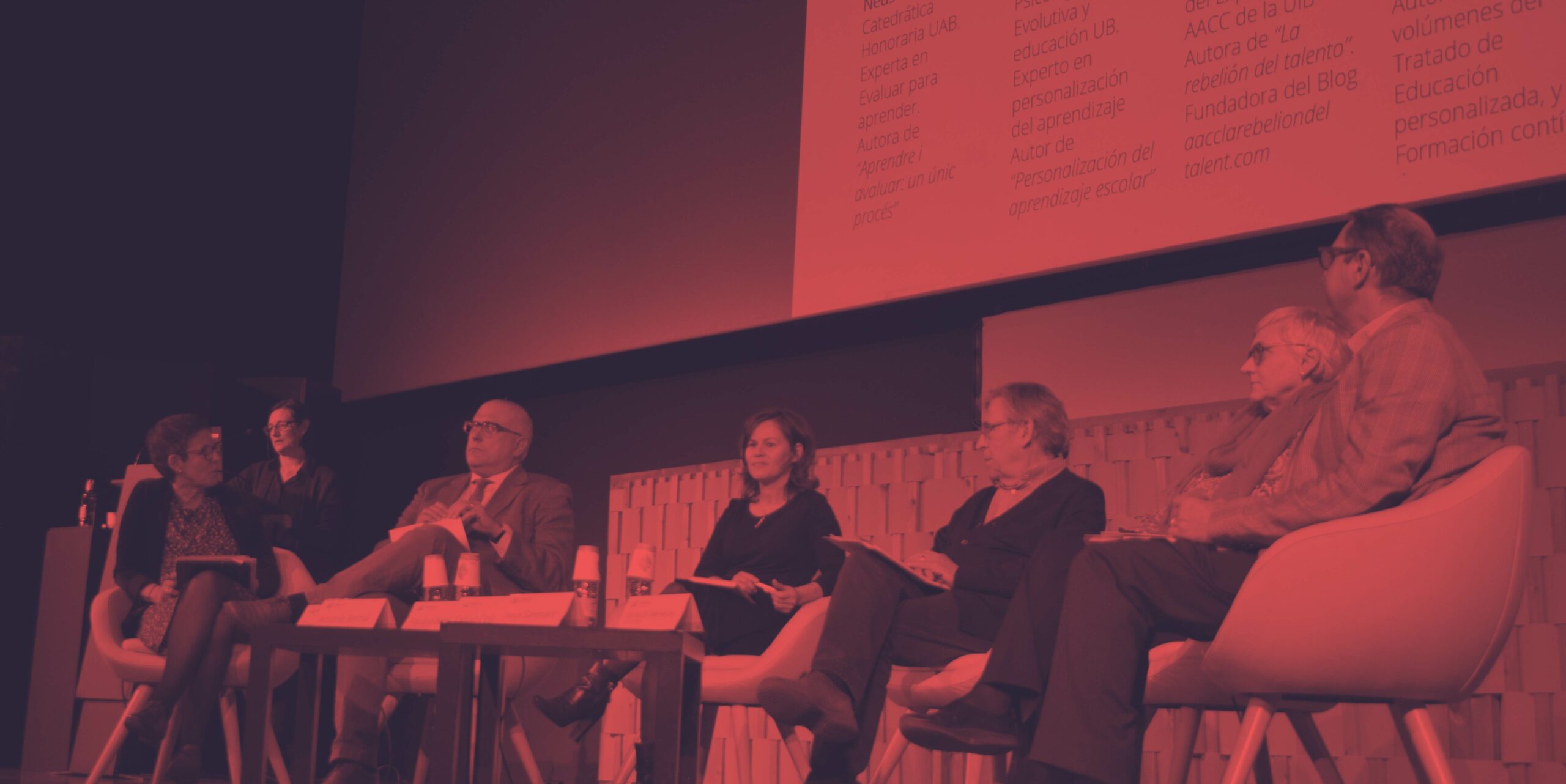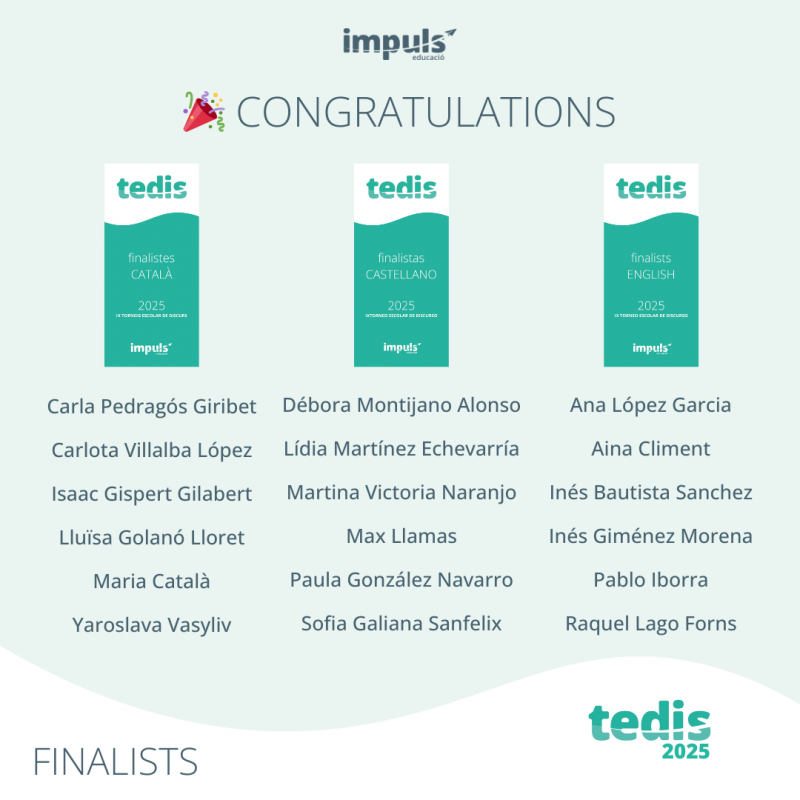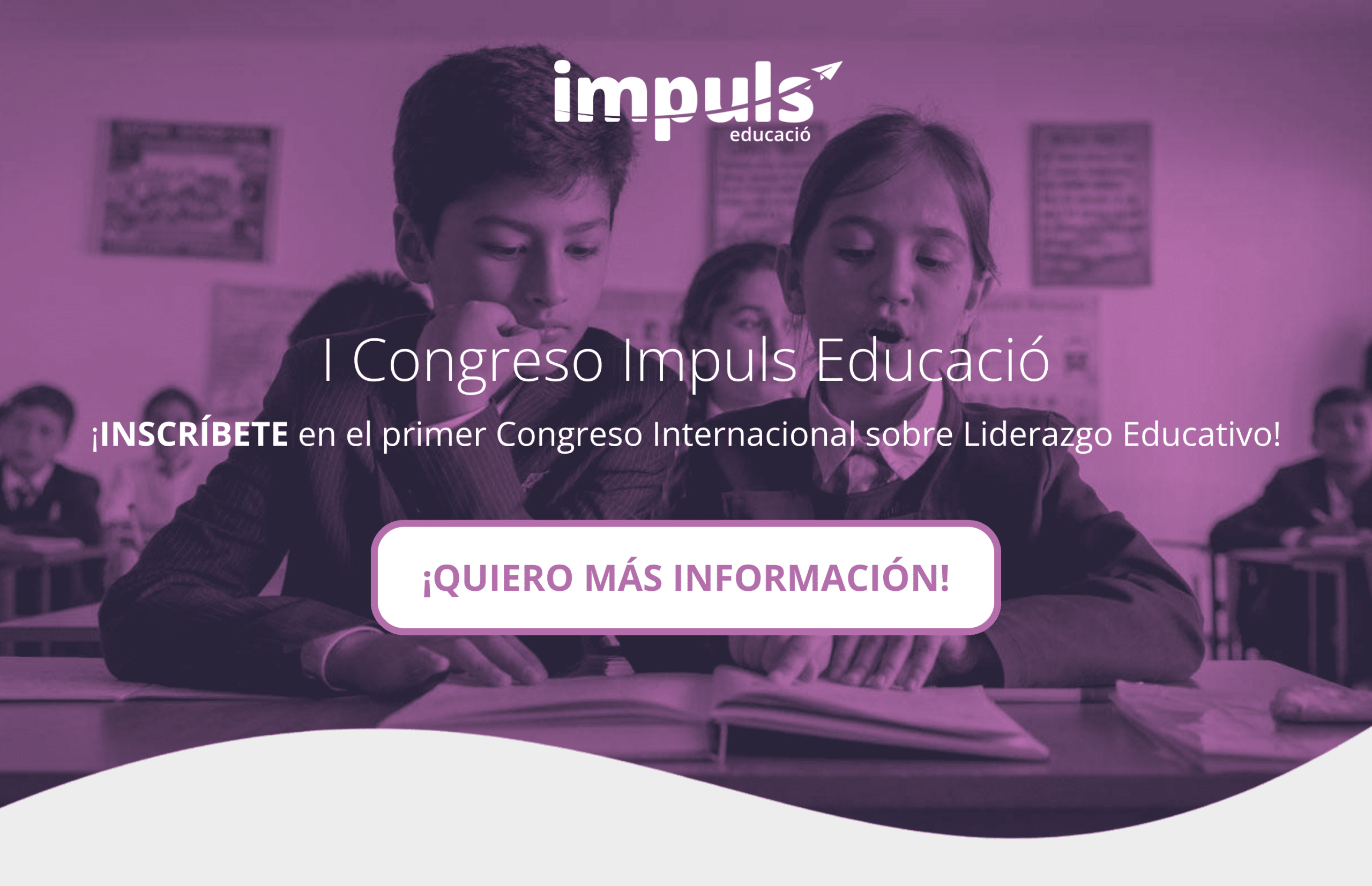Personalization
Personalization, a model for quality education in the 21st century
From the words of Delors “Education has the mission of allowing everyone without exception to make all their talents and all their creative capacities bear fruit. This implies that each person can take responsibility for himself and carry out his personal project”; the idea of empowering what is personal in education has not stopped growing. At this point, personalization is a recurring theme in any discourse on innovation aimed at promoting the quality of education in the new global context of the 21st century. UNESCO itself takes a position on personalized learning, saying that it must be a central objective in education systems, since it is the path to quality education.
Personalization is a recurring theme in any discourse aimed at promoting educational quality in the new global context of the 21st century
But, this idea is not new. At the beginning of the 20th century, John Dewey lamented the disadvantages of a collective and mass education that forgot about the student and focused on instruction and content. The trend continues and feeds back throughout the 20th century, and in countries such as the USA, Belgium, Italy, France, Spain, for example, illustrious pedagogues such as Dewey, Decroly, Montessori, Freire, Freinet, Faure and García Hoz are calling for a shift in focus from teacher to learner. Among the innumerable voices raised in favour of this “form of teaching characterised by the fact that it is the student who takes the initiative in his or her work”, we should highlight those of Pierre Faure and Víctor García Hoz for their systemic vision of personalisation in education, and that of César Coll for his work in favour of a profound and clarifying knowledge of what personalisation implies in order to improve the quality of education today and tomorrow.
According to UNESCO, personalized learning should be a central objective of education systems in order to achieve quality education
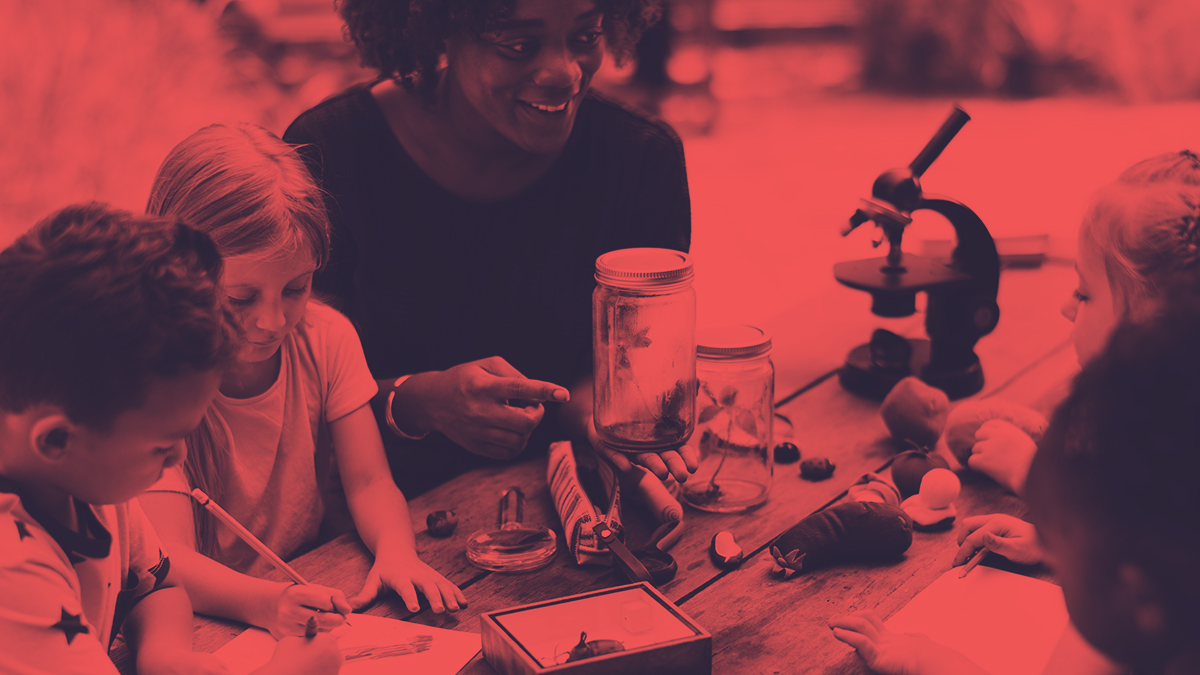
Currently, personalization occupies a prominent place in any educational proposal that has a special interest in addressing the unique needs of each student, whether to include all students in the classroom or to seek educational excellence. However, there are almost as many conceptions of personalization as there are proposals. It is difficult to get an idea of what is really meant and even more so what methodologies or strategies to use when implementing a truly personalized model. As Coll says “The speed with which this idea has spread, as well as the high level of acceptance and popularity it enjoys among education professionals (…) make it advisable to make an effort to discern its foundations and scope, to assess whether it is desirable, possible or necessary to put it into practice in our education system and, if it is appropriate to conclude that it is, to identify the most effective and efficient strategies to do so by overcoming obstacles and difficulties and avoiding the risks derived from possible simplistic or biased interpretations”.
To advance in the clarification of the term and the effective implementation of personalization strategies, Impuls Educació has carried out the study “Personalize, a model for quality education in the 21st century” with the participation of experts from around the world. The main objective has been to reach a framework of consensus that serves as a starting point and guide for the development and implementation of personalized educational models.
Impuls Educació has carried out the study “Personalize, a model for quality education in the 21st century” with the participation of experts from all over the world
The main results and conclusions of the study, focused on the following points, will be the thread of Impuls Educació‘s contributions to the promotion of personalization:
- Conceptualization
- Foundations
- Purposes
- Principles
- Strategies, challenges and recommendations
- Future of personalization
An empowering education is one that builds the human resources we need to be productive, to continue learning, to solve problems, to be creative and to live with nature, in peace and harmony. When nations ensure this kind of education throughout the world throughout life, a quiet revolution is set in motion: education becomes the engine of sustainable development and the key to a better world.
C. Power (2015). The power of education. Education for All, Development, Globalization and UNESCO

